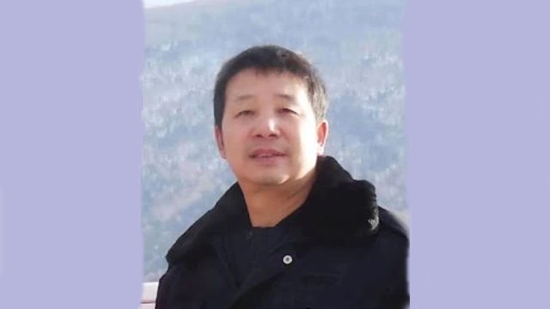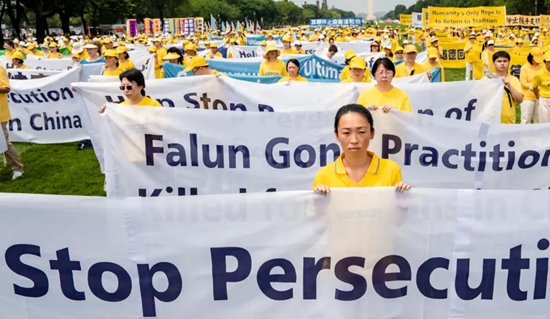
In 1999, the spiritual movement of Falun Gong, regarded as inimical to the Chinese state, was banned in China, “unleashing a vicious campaign of persecution against tens of millions of innocent Chinese. Falun Gong practitioners across China have since been subjected to widespread surveillance, arbitrary detention, horrific torture, and extrajudicial killing—abuses which continue today.”
Yet the movement has survived.
According to 2017 Freedom House study of repression of various religious practice in China, some seven million to 20 million people were still practicing Falun Gong in China, as of 2017.
Among the reasons for the resilience—which include the faith of believers, CCP infighting, and “occasional international pressure on the group’s behalf”—has been the ability of Falun Gong practitioners to soften the assaults on them by lobbying their own persecutors.
“When a Falun Gong practitioner is detained,” Sarah Cook of Freedom House reported in 2019, “adherents inside and outside China apply pressure on local officials to secure the detainee’s release. Teams of volunteers in numerous countries outside China make phone calls to local police, public security agents, prosecutors, and judges, using numbers obtained from inside China (sometimes from sympathetic police). . . .
“Gradually, these efforts appear to be bearing fruit. There are well-documented cases of detainees who were released after focused rescue campaigns.”











